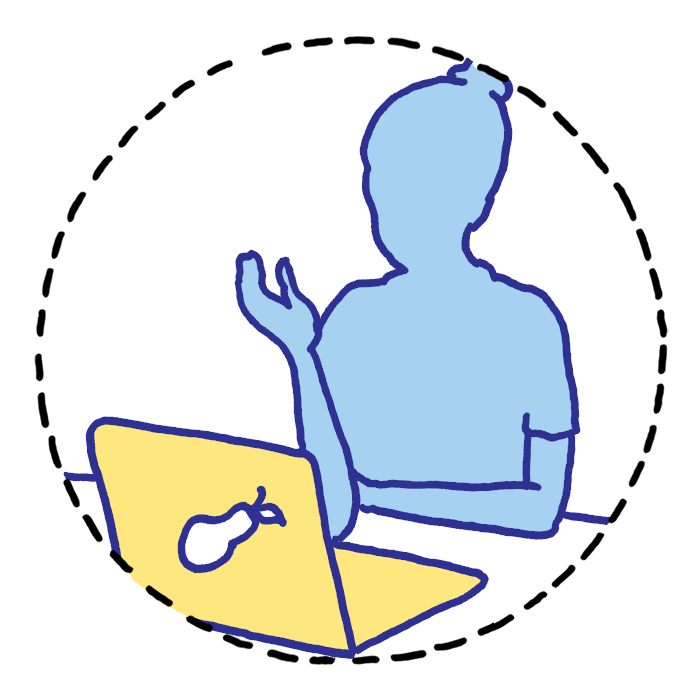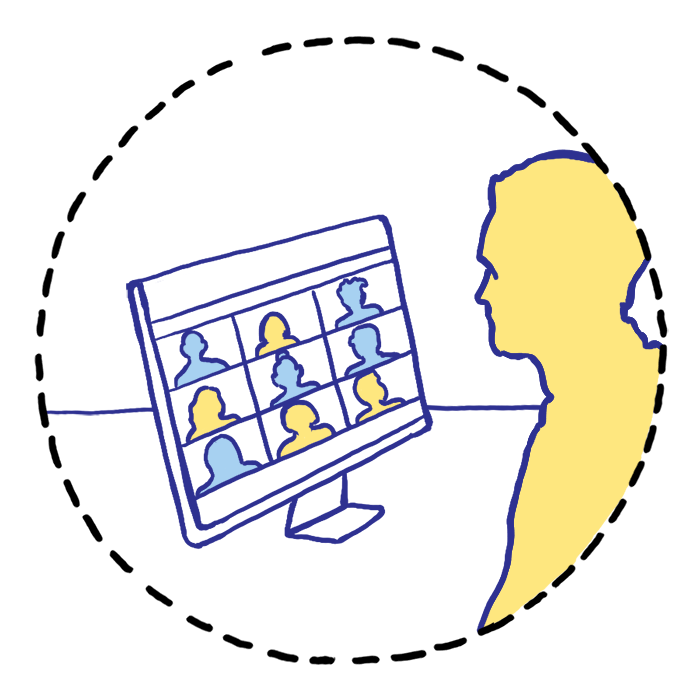Our Masterclasses cover a specific range of subjects. Our aim is to enable participants to confidently and sensitively face the challenges currently placed on their organisations. In these sessions we focus on each individual’s personal strengths, as well as possible areas for improvement. We seek to develop each participant’s personal style, so that they feel confident to communicate, make decisions and take action with conviction. The result is that participants express themselves more fully and yet with focus, and by doing so improve their working relationships and productivity. Ultimately, our sessions challenge participants to be clear and engaging even in high pressure situations.
We use a variety of drama-based training techniques throughout our masterclasses. All workshops involve group exercises and discussion, combined with business-based simulations using our experienced actors. Short, simple, behavioural models provide a framework that enables participants to practise having important conversations that arise with individuals and teams.
Our masterclasses last for roughly two hours and are designed for small groups of 12 to 15 delegates. They are run by two actor/facilitators and as with all our training sessions, they are highly interactive, fast moving, and engaging. All of our workshops can be followed up by us to provide a pathway to continuous improvement.
All our masterclasses can be delivered live or virtually.
Mental health awareness in the workplace is essential for creating a safe and supportive environment for employees. Our Masterclass helps participants better understand and empathise with the challenges that individuals with mental health conditions face. Through interactive scenarios and skills practice drama-based training can promote open communication, reduce stigma, and provide practical strategies for supporting colleagues with mental health issues. By investing in mental health awareness training, companies can foster a culture of inclusivity and compassion, which can lead to increased productivity, higher job satisfaction, and improved overall well-being for their employees.
We will work in conjunction with your organisation so that we are familiar with what pre-existing support exists or can advise on what could be implemented to increase awareness so that everyone has the opportunity to thrive at work.
In this masterclass we identify some of the challenges managers currently face and look at the strategies and skills needed to implement hybrid working effectively. Our aim is to empower participants to feel confident leading their team through this evolving terrain with clarity, conviction and understanding.
We explore the following challenges:
We focus on the use of the following strategies and skills:
This workshop explores how we can deliver difficult messages online in a clear, supportive and authentic way. Starting from suggestions on how to prepare, the participants are guided through the conversation. Together we find a good beginning point, look at how to handle possible emotional responses and how to close. Focusing on the impact you have on others and that they have on you, this training develops emotional self-management during difficult conversations.
Using drama-based simulation all participants will practice giving a difficult message in a safe environment. An easy to remember model geared towards helping people structure the conversation is included, as well as tips on how to adjust your style in response to the behaviours you may be faced with. This workshop can be based around a specific challenging issue you might be facing in your organisation – for example managing expectations, implementing organisational changes, or making redundancies.

It doesn’t matter whether you are presenting to a possible client or to an internal team, the challenges are the same for any online presentation. How your online presence is perceived is paramount to how effective you are in delivering your message and engaging your audience.
In this workshop we focus on authenticity, self awareness and personal impact. Participants discover how best to engage calmly online and be genuinely present. Recognising the sensation of self-consciousness, while not showing self-consciousness, will be key. We’ll offer a series of hints and tips on improving presentation skills, coupled with the opportunity to practice these skills in a safe space. Expert feedback from our actor/facilitators boosts confidence straight away, while providing a framework for further improvement.

Unconscious Bias and its relationship to discrimination is an urgent topic for every organisation. In this workshop we explain the principles of unconscious bias and explore what it can look like. We raise participant’s awareness of how we can often make judgments or decisions on the basis of our prior experience, deep-seated thought patterns, assumptions or interpretations.
Through a series of exercises, interactive drama, and facilitated debate, this workshop enables participants to recognise the many factors contributing to unconscious bias. Education, peer group, home life and the media are just a few of the components that can influence our unconscious mind and lead to unfair treatment in the workplace. We believe that self-awareness and an understanding of the wider context around discrimination of all kinds is the first step towards behavioural and cultural change.

This course examines many challenges for virtual leading and managing. The main issues covered are:
Managing employees at a distance is difficult, particularly if there is a performance issue or problem to resolve with them. In the absence of the full body language that we subconsciously depend on, managing people in this way may require more sensitivity and enquiry than a face-to-face meeting in a formal environment.
This workshop explores how we can deliver difficult messages online in a clear, supportive and authentic way, but also highlights the challenges remote communications can cause. It starts with suggestions on how to prepare for the conversation and looking at the added constrictions of communicating clearly using the technology. Through experiential learning we explore a challenging management conversation, and it ends on the group coaching the manager towards a better outcome and some tangible ‘takeaway’ tips on improving remote management.

Empathy is now recognised as a key aspect of competent leadership. It allows you to predict the effect your decisions and actions will have on core audiences and strategise accordingly. With empathy, you can build and strengthen a team as well as nurture a new generation of leaders. Without empathy you will not inspire followers or elicit loyalty.
The overall learning objectives are:
This programme starts with small group work on what empathy means, and how important it is in leadership. The group is supported to reach a common agreement on the importance of empathy in leadership and what we mean by it. Participants are then guided through a drama-based learning scenario where a leader is not demonstrating empathy. The ensuing debate creates learning opportunities around how empathy can be put into practice and how the participants can improve their own empathy.

At RPfT we believe emotional resilience is a trait you can increase and develop. In this workshop we study how resilience manifests itself and consider what behaviour might look like when it is lacking. We identify different coping mechanisms and explore various strategies and some simple stress-reducing techniques that we can use to increase our resilience when faced with stressful situations.
There are two aspects to this programme:
This workshop also addresses the additional complexity of managing teams virtually. We also explore and acknowledge the extra strain on our mental health caused by prolonged social isolation, job insecurity and personal worries related to the pandemic. We look in detail at the communication skills required to encourage those around us to open up as well as what empathy and good listening looks and sounds like. We also identify strategies for managing someone who we identify may be experiencing stress and how to give information and support where appropriate.
